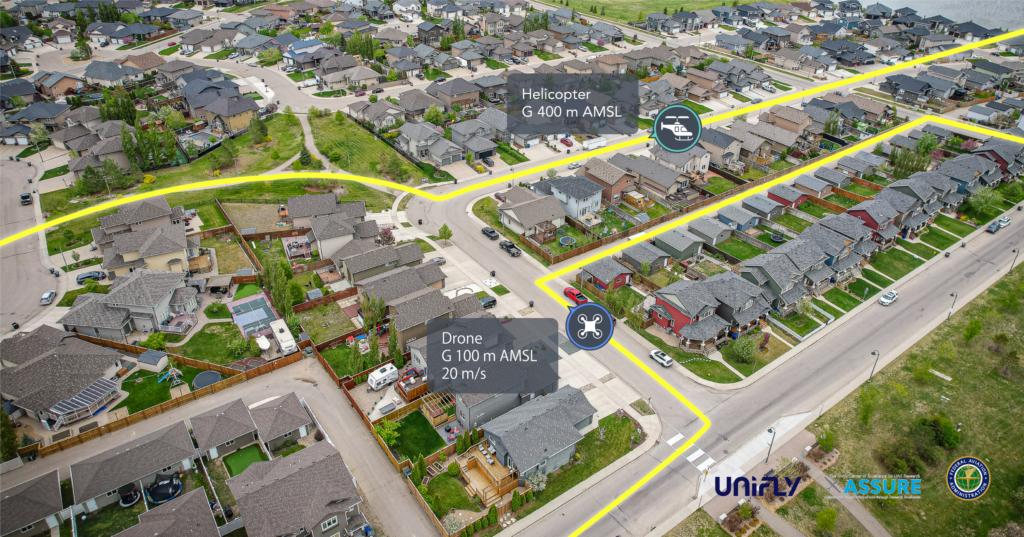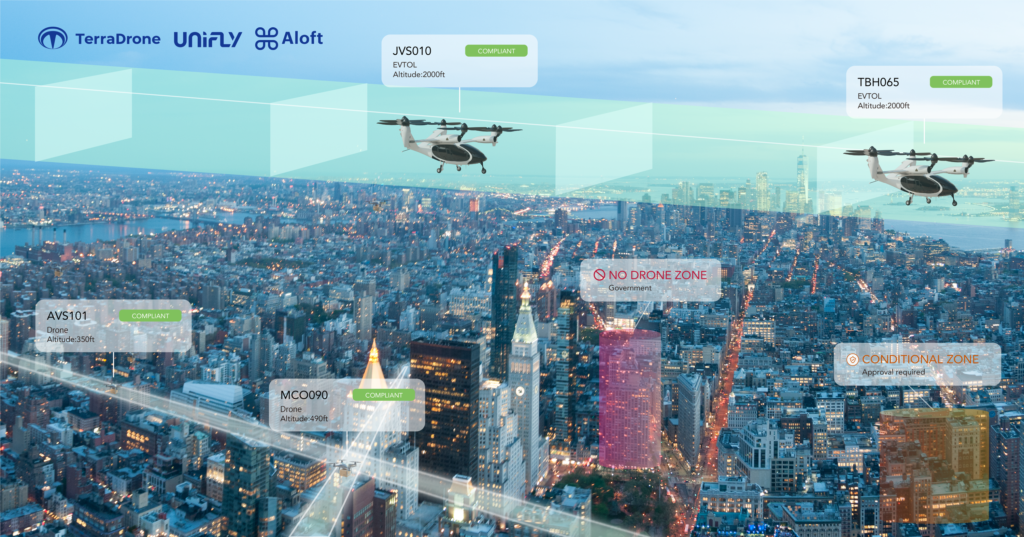Unifly's UTM Platform Enables and Advances Urban Air Mobility Through Successful CORUS-XUAM Demonstrations Throughout Europe in High-Risk Environments
Antwerp, April 2 — Unifly, a global leader in Unmanned Traffic Management (UTM) solutions, proudly announces the successful completion of the CORUS-XUAM project, a collaborative effort that has reshaped the landscape of Urban Air Mobility (UAM) globally. This groundbreaking initiative concluded in April 2023, signifies a pivotal milestone in ensuring the safe and efficient integration of UAM operations by extending the current U-space Concept of Operations.

Six very large-scale demonstrations (VLDs) in Belgium, France, Germany, United Kingdom, Italy, Spain, and Sweden, validated integrated operations of Unmanned Aircraft Systems (UAS) and Electric Vertical Take-off and Landing (eVTOL) aircraft alongside manned aircraft operations for diverse mission types such as passenger transport, logistics, delivery, emergency response, and surveillance. These VLDs showcased advanced forms of interaction through digital data exchange supported by integrated and advanced U-space services in various scenarios, including urban, suburban, and inter-city settings, as well as areas in and near Air Traffic Management (ATM) controlled airspaces and airports.

The Belgian VLD, centred around the unique Antwerp urban port area near controlled airspace, aimed at developing guidelines for safe UAM operations at urban ports and other critical infrastructure sites. Unifly’s UTM platform served as a key solution in tackling challenges such as situational awareness, and flight authorizations and enabled the crucial scalability for UAM operations.
"This accomplishment highlights our commitment to pushing the frontiers of innovation in UTM and UAM. The outcomes of the CORUS-XUAM project undeniably played a crucial role in influencing the future of urban air mobility, and we take pride in our participation in this transformative journey. Unifly expresses appreciation to all collaborators, partners, and stakeholders engaged in the CORUS-XUAM project, marking a substantial milestone in Unifly's dedication to propelling the UAM landscape forward."
Andres Van Swalm, CEO of Unifly
The results, enriched by extensive consultation with diverse stakeholders, were used to consolidate the Concept of Operations (ConOps) V.4. which serves as a reference manual for U-space, by addressing UAM needs, regulatory evolution, and inputs from other R&D projects.
Building on the success of CORUS-XUAM, other SESAR JU projects have picked up on the results and continue the research and testing. As the integration of U-space advances, the airspace above our urban centres is poised to evolve into a flourishing hub of innovation, reshaping our modes of transportation and unlocking myriad possibilities for a more interconnected and streamlined world.
About Unifly
Unifly, a technology company deeply rooted in aviation, is committed to enabling and advancing the safety and efficiency of autonomous aviation through cutting-edge technology. The Unifly platform serves as a vital link between authorities, drone pilots, and various stakeholders, facilitating the safe integration of next-generation aircraft into the airspace. By digitizing and automating Traffic Management, and by integrating with drones and Urban Air Mobility (UAM), the platform is addressing the exponential growth in air traffic generated in the upcoming decades. The company has a proven track record of implementing UTM nationwide in more than eight countries, establishing it as a world leader in this industry.
For more information, contact us at press@unifly.aero.
This project has received funding from the SESAR Joint Undertaking (JU) under grant agreement No 101017682. The JU receives support from the European Union’s Horizon 2020 research and innovation programme and the SESAR JU members other than the Union Views and opinions expressed are however those of the author(s) only and do not necessarily reflect those of the European Union or JU. Neither the European Union nor the granting authority can be held responsible for them.




